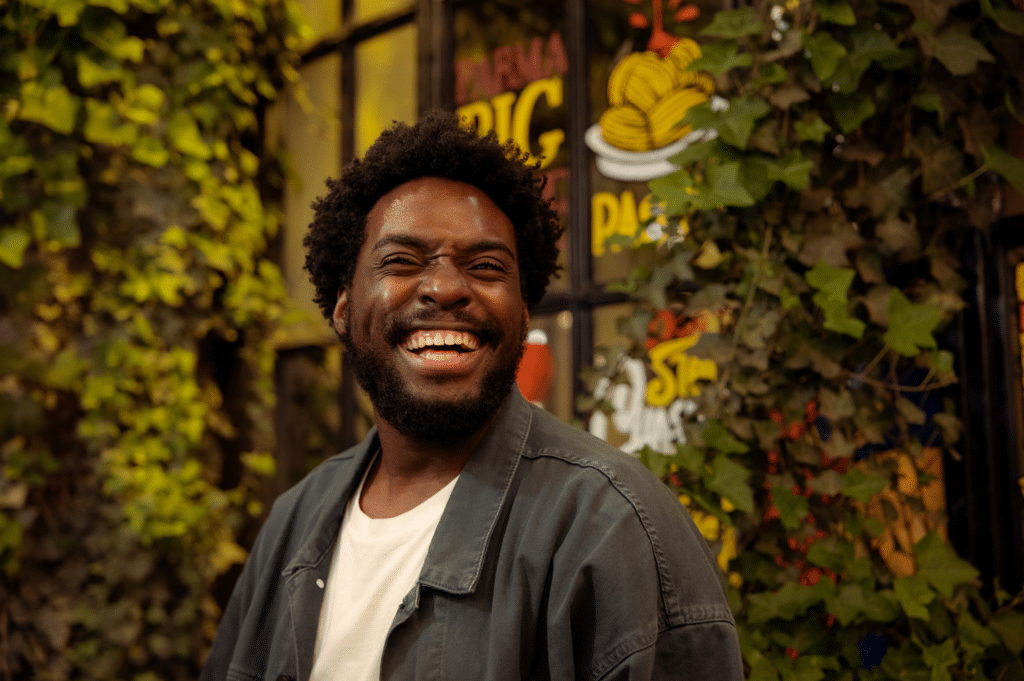

Life in recovery brings both challenges and opportunities. Those who’ve experienced it firsthand know it can feel like a rollercoaster. Rebuilding life after substance use disorder requires not only patience and persistence, but also new routines, support systems, and a willingness to grow. The good news? There are simple, effective ways to make life feel more manageable, purposeful, and fulfilling.
Whether you’re new to recovery or have been on this path for a while, these ten strategies can help strengthen your recovery lifestyle and keep you focused on long-term healing.
Some individuals spend years struggling with substance use, often neglecting self-care in the process. In recovery, healing begins when you start paying attention to your physical and emotional needs. Focus on:
Investing in your well-being is not selfish—it’s essential for sustained recovery.
Life in recovery doesn’t have to feel dull or restricted. While stability is important, so is embracing variety and growth. Trying something new can be a good thing and can:
Examples: Read a new genre, take a free online class, try international cuisine, or explore a hobby you’ve never considered. Start small. Small shifts can spark joy and motivation.
The pressure to rebuild everything at once in recovery can feel overwhelming. Instead of getting caught up in material expectations, many find comfort in a minimalist mindset:
Simplifying your environment helps ease mental overload and supports long-term clarity.
Returning to a job that once contributed to stress or dissatisfaction can hinder progress. Recovery gives you a fresh opportunity to re-evaluate your career path:
If a career change feels intimidating, break it down into smaller steps. Explore what’s possible—you might be surprised.

Creative expression is a healthy, rewarding way to fill your time and reduce cravings. It can also help rewire brain pathways affected by addiction.
Many individuals in recovery have found that even simple activities—like assembling puzzles, writing poetry, or learning to knit—can significantly improve focus and mood. For example, journaling daily can help process emotions, while music can serve as both therapy and motivation.
Beginner-friendly resources like Skillshare, Creativebug, and even local libraries often offer free classes or guides. The act of creating something with your hands or expressing yourself through art can help reduce anxiety, combat boredom, and build a sense of purpose.
You don’t need to be a professional to enjoy creativity. The act of creating helps restore a sense of identity and peace.
Goal-setting in recovery provides structure and direction. But aiming too high too fast can lead to frustration. Instead:
Staying realistic reduces setbacks and helps maintain motivation.
Triggers are part of recovery. Learning how to manage them is key to growth:
With time, coping skills become second nature—your recovery muscle grows stronger every day.
Nobody expects to relapse, but it’s important to be prepared. Your plan might include:
Having a plan in place prevents a single slip from becoming a full setback. It gives you a safety net and a clear way forward.
Even if things are going well, regular check-ins with a counselor or peer group can offer:
Don’t wait until a crisis hits to reach out. Recovery is a lifelong process, and support should remain part of your routine.
In early recovery, it’s common to feel uncertain about what life should look like without substances. Over time, however, new routines and priorities begin to take root—and what once felt unfamiliar can become deeply fulfilling.
You might find joy in the simplicity of everyday rituals: making your bed each morning, preparing a healthy meal, or taking a walk to clear your mind. Adapting to a new lifestyle takes time, but the changes you make—no matter how small—contribute to a meaningful and stable future.
Recovery is a journey, not a destination. Each step forward is a victory worth honoring. Over time, your “new normal” becomes something to celebrate.
At Middlesex Recovery, we help individuals build stronger lives through medication-assisted treatment (MAT), counseling, and compassionate care. Our programs offer structure, flexibility, and support to help you thrive at every stage of recovery.
If you’re ready to make life in recovery easier, contact us today. Our team is here to guide you, every step of the way.

If opioid addiction is impacting your life or the life of someone you care about, reach out to our treatment center. We are here to provide the support and care you need to take the first step toward recovery.
Call 781.303.9936